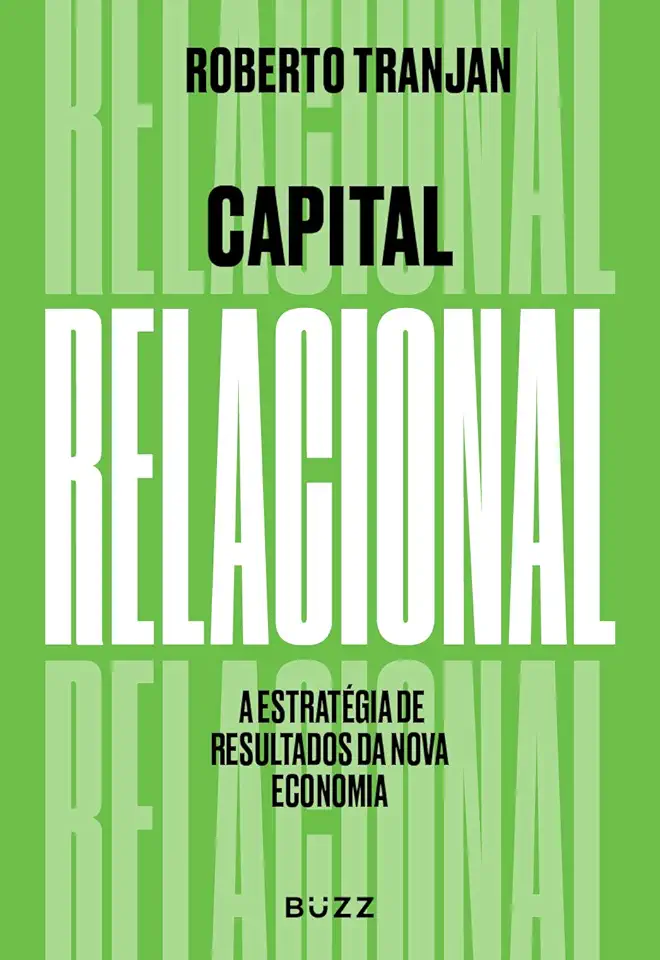
Relational Capital - Trajan, Roberto
Relational Capital: The Key to Building Strong and Lasting Relationships
In today's fast-paced and competitive business world, it's more important than ever to build strong and lasting relationships with customers, clients, and colleagues. In his groundbreaking book, Relational Capital, Roberto Trajan argues that relational capital is the key to success in the 21st century.
What is Relational Capital?
Relational capital is the sum of the relationships that a company or individual has with its stakeholders. These relationships can be with customers, clients, suppliers, employees, or any other group that has a stake in the company's success.
Why is Relational Capital Important?
Relational capital is important because it creates a number of competitive advantages for companies. These advantages include:
- Increased customer loyalty: Customers who have a strong relationship with a company are more likely to be loyal to that company and to continue doing business with them.
- Reduced customer churn: Customers who have a strong relationship with a company are less likely to switch to a competitor.
- Increased sales: Customers who have a strong relationship with a company are more likely to buy more products and services from that company.
- Improved employee morale: Employees who have a strong relationship with their company are more likely to be happy and productive.
- Increased innovation: Companies with strong relational capital are more likely to be innovative and to come up with new ideas.
How to Build Relational Capital
There are a number of things that companies can do to build relational capital. These include:
- Be honest and trustworthy: Customers and clients want to do business with companies that they can trust. Be honest about your products and services, and always deliver on your promises.
- Be responsive: Customers and clients want to feel like they are being heard and that their needs are being met. Be responsive to their inquiries and complaints, and make sure that you are always available to help them.
- Be proactive: Don't wait for customers and clients to come to you. Be proactive in reaching out to them and building relationships.
- Be personal: Customers and clients want to feel like they are doing business with a real person, not a faceless corporation. Take the time to get to know your customers and clients on a personal level.
- Be grateful: Always express your gratitude to your customers and clients for their business. A little thank-you can go a long way in building strong relationships.
Conclusion
Relational capital is the key to building strong and lasting relationships with customers, clients, and colleagues. By following the tips in this book, you can build relational capital and reap the many benefits that it offers.
Order Your Copy of Relational Capital Today!
Relational Capital is available now at Amazon.com and other major book retailers. Order your copy today and start building strong and lasting relationships that will help you achieve your business goals.
Enjoyed the summary? Discover all the details and take your reading to the next level — [click here to view the book on Amazon!]